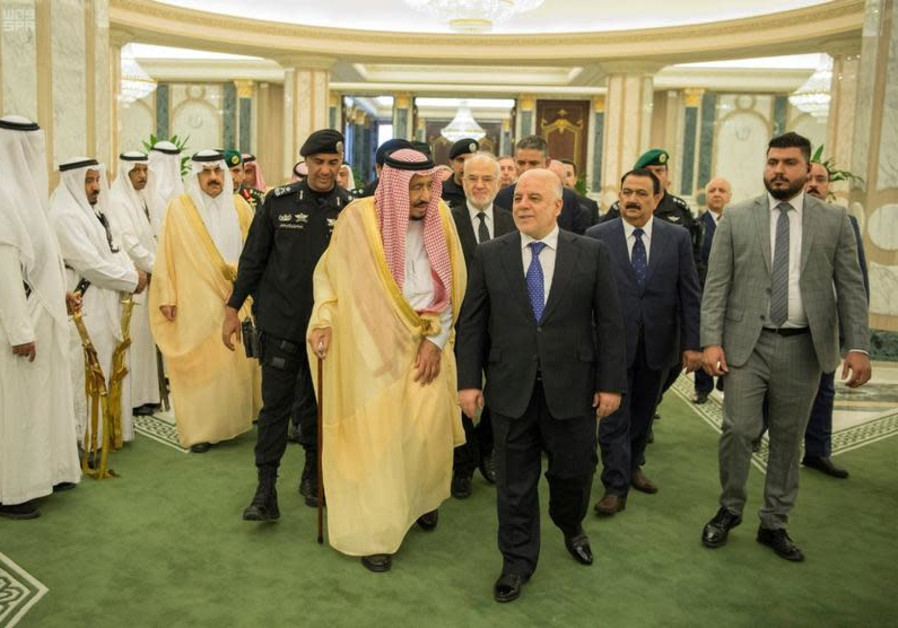Corruption Index Emphasizes Weak State Of Institutions In Arab World

Saudi Arabia’s King Salman bin Abdulaziz Al Saud and Iraqi Prime Minister Haider al-Abadi arrive for a meeting in Riyadh, Saudi Arabia October 22, 2017.. (photo credit: SAUDI PRESS AGENCY/HANDOUT VIA REUTERS)
The recently released 2018 Corruption Perceptions Index (CPI) indicates that many Middle East and North African (MENA) countries are sliding into authoritarianism, and that those already deemed corrupt are making little progress towards increasing transparency.
Join Jerusalem Post Premium Plus now for just $5 and upgrade your experience with an ads-free website and exclusive content. Click here>>






Comments are closed.